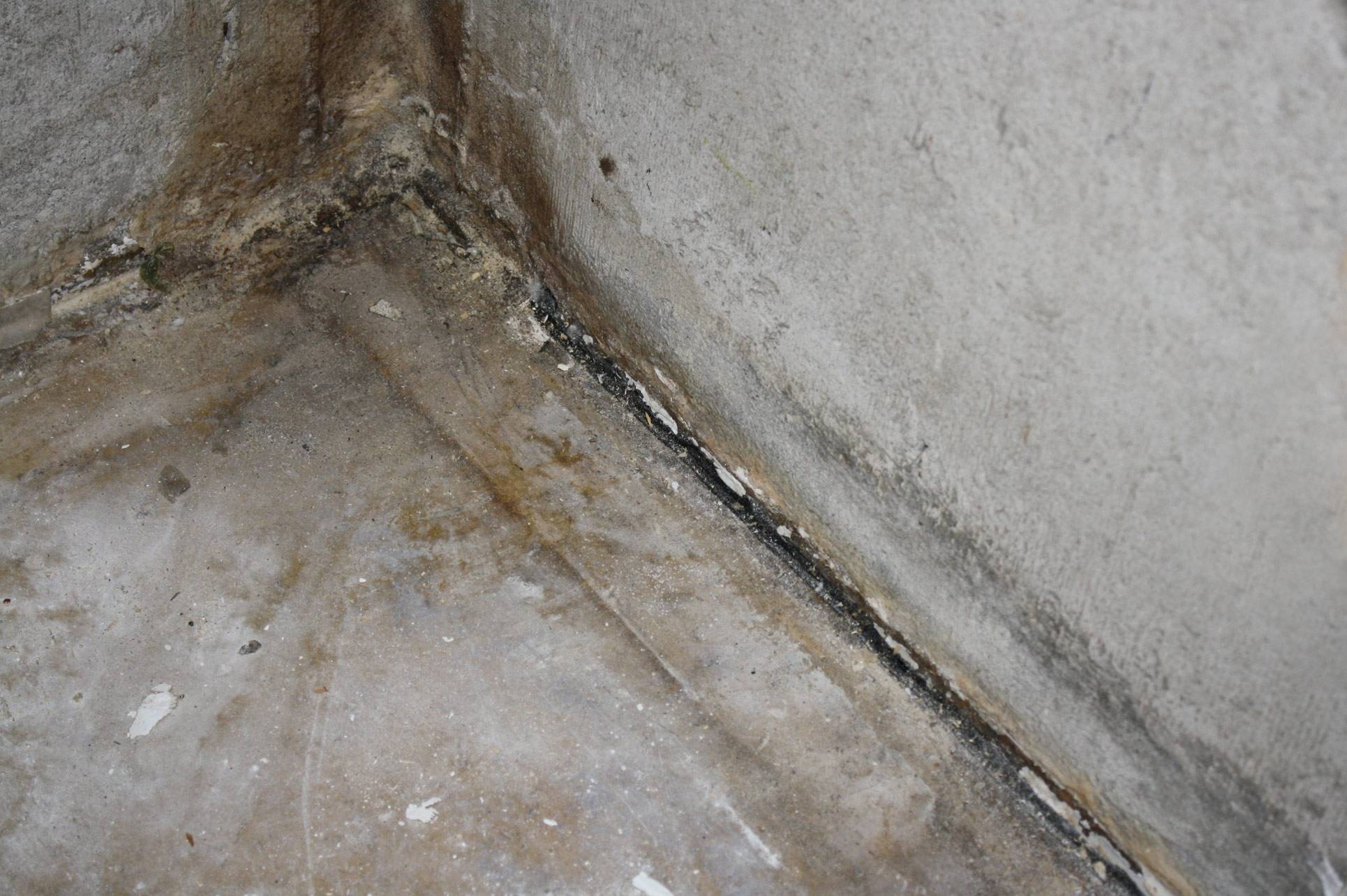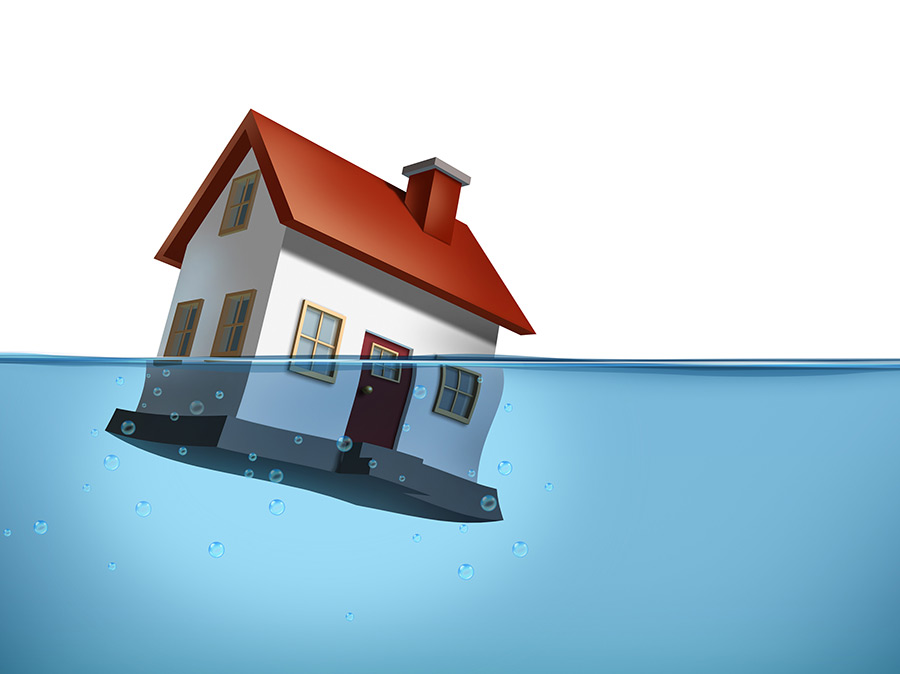The Six Most Common Water Leaks in Your Home: How They Happen and What to Do
The Six Most Common Water Leaks in Your Home: How They Happen and What to Do
Blog Article
Just about everyone maintains his or her own concepts with regards to Common Water Leaks In House.

Leaks not just trigger waste of water yet can additionally trigger unnecessary damage to your home and promote undesirable organic growth. Water leaks might go undetected given that many of the pipework in our residence is hidden. By comprehending and looking for daily scenarios that cause leakages, you can protect your home from future leaks as well as unnecessary damages. Today, we will look at 6 leak causes that might be creating your pipes to trickle.
Elbowing in roots
Many water leakages start outside the home instead than inside it. You could observe damp patches or sinkholes in your lawn, and also that might indicate that tree origins are invading water lines creating water to leak out.
Corroded water supply
This might be the cause of staining or bending on your water pipelines. If our plumbing system is old, take into consideration changing the pipelines given that they are at a greater risk of rust than the more recent designs.
Faulty Pipeline Joints
Pipeline joints can wear away over time, resulting in water leakages. If you have noisy pipelines that make ticking or banging noises, especially when the hot water is transformed on, your pipeline joints are most likely under a great deal of stress.
Immediate temperature changes.
Severe temperature level modifications in our pipes can create them to expand and contract all of a sudden. This growth and contraction might cause fractures in the pipelines, especially if the temperature are below freezing. If you maintained an eye on exactly how your plumbing works, it would be best. The presence of the formerly stated scenarios often indicates a high threat.
Poor Water Connectors
At times, a leak can be brought on by loosened pipes and pipelines that provide your home appliances. Generally, moving is what creates the loose water Links. You could find when it comes to a cleaning maker, a hose pipe might spring a leakage because of trembling throughout the spin cycle. In case of a water connections leakage, you may observe water running straight from the supply line or puddles around your devices.
Obstructed Drains
Obstructed drains could be irritating and also inconveniencing, but they can in some cases wind up triggering an overflow bring about burst pipes. Maintain getting rid of any materials that might go down your drains that might obstruct them to avoid such hassles.
All the above are sources of leakages but not all water leakages result from plumbing leaks; some leaks may originate from roof covering leaks. All leakages need to be fixed instantly to prevent water damages.
Leakages not just create waste of water but can likewise trigger unneeded damages to your residence and also advertise unwanted natural growth. By looking as well as comprehending for day-to-day scenarios that trigger leaks, you can secure your house from future leakages as well as unneeded damages. Today, we will certainly look at six leak creates that may be causing your pipes to drip.
At times, a leak can be triggered by loosened pipes as well as pipelines that supply your home appliances. In situation of a water connections leakage, you might see water running straight from the supply line or puddles around your home appliances.
Tell-Tale Signs of a Water Leak
The Sound of Running Water
If you’re hearing water running, your first step should be to check your faucets, toilet valves, and outdoor spigots. If everything if status quo, take an exact reading of your water meter and don’t use the water for a few hours. Then, take another meter reading. If there has been no change, that means water is not running (and maybe it’s time to have your hearing checked!). If the reading has changed, however, this indicates that water is indeed flowing and you most likely have a leak.
Wet or Damp Floors
You’re walking across your carpet and suddenly squish—your sock is soaked! The dog doesn’t look guilty and your child swears they didn’t spill anything. That means you’re likely looking at sewer leakage. Now, it’s easy to just soak it up with a towel and call it a day; however, this won’t stop the leak. Ignoring the problem allows moisture to build up, ultimately causing mold or mildew. Not only is this smelly, it can be very toxic and harmful to children, the elderly, pets, and those with weak immune systems. Don’t risk the health of your home and your family—call in a professional to take care of the problem.
Foul Odors
If there’s an unpleasant smell in your home and you can’t locate the source, don’t just light a candle or spray some Febreze. Funky smells are often due to mold and mildew, which spread fast under ideal conditions (optimal temperature and level of humidity). Growth begins within about 24-48 hours, and spores start to colonize in 3-12 days, becoming visible to the eye within about 18 days. If you think the odor is leak-related, get a plumber out as soon as possible to mitigate damage from rapid fungi growth (and rid your home of the foul odor).
Overgrowth in the Lawn
Unless you didn’t fertilize your lawn evenly, a lush patch of grass in a select area of your lawn, or concentrated wet spots, indicate pipe leakage which is acting as a fertilizer. Left untreated, hazardous bacteria in the underground waste will quickly turn into a messy situation, going from lush growth to lawn destruction.
Wall Cracks
Over time, even the littlest of leaks can cause cracks in the foundation of your home and compromise the entire structure. How does it happen? The leak continues hammering away at the same spot in the ground beneath your home, eventually causing it to shift slightly. Now, you’d never feel this shift, but your walls will. This can be a very dangerous situation, so if you’re seeing vertical or diagonal cracking in your walls it’s best to call a plumber right away.
https://www.expresssewer.com/blog/6-telltale-signs-of-a-water-leak-in-your-home

Hopefully you liked our section about Common Water Leaks In House. Thanks for taking a few minutes to read our post. Those who liked our page kindly do not forget to share it. I enjoy reading our article about How to detect water leaks in your home.
Schedule Service Pickup Report this page